Weaker sales of Scotch whisky in the US caused shares in Diageo to slump more than 5.5% today, wiping nearly £4.6 billion off the global drink giant’s market value.
But bosses have insisted a 5% year-on-year drop in the value of net sales to America in the second half of 2022 is a blip.
US sales of iconic brand down 10%
Flagship brand Johnnie Walker, so long the market leader across the Atlantic, suffered a 10% fall. Sales of Buchanan’s were down by 12%.
However, Johnnie Walker and Buchanan’s both gained market share – helped by increased marketing investment – and net sales of single malts in the US grew by 61%.
Star performer in the single malt category was Lagavulin, made on Islay.
Ewan Andrew, Diageo’s global supply chain and procurement president and chief sustainability officer, said the latest US figures suffered from an exceptional performance a year earlier – when sales skyrocketed as the country emerged from Covid restrictions.
That sudden jump also depleted stock levels last year, making it difficult to keep up with demand.
These issues are unlikely to affect performance in the second half of the year to June 30 2023, when US sales are likely to bounce back, Mr Andrew said.
China’s relaxation of Covid restrictions is also expected to boost global whisky exports this year and beyond.
Diageo said total drink sales to China grew by 2% in the second half of 2022, driven by a strong performance for Scotch.
Upbeat on whisky sales to China
Mr Andrew said he was optimistic about further progress in the Far East country, particularly for premium brands, as people get out and about and socialise more.
Globally, sales of Scotch – accounting for 27% of the group’s total revenue – surged 19% by value and 7% by volume.
Net sales growth was led by single malts and Johnnie Walker, up 28% and 21% respectively.
Mr Andrew said travel retailing was showing “real momentum” again after Covid disruption.
Diageo is also seeing growing demand for single malts such as Lagavulin, Laphroaig and Talisker as people around the world continue to “experiment and experience”, he added.
Besides its wide range of whiskies, London-based Diageo also makes Guinness, Smirnoff vodka, Captain Morgan rum, Bailey’s Irish cream liqueur and Tanqueray gin.
‘Affordable luxury’
Mr Andrew said the company was “monitoring” the impact of price rises for some of its products amid the cost-of-living crisis in the UK.
But a “wide price ladder” and strong demand for “affordable luxury” is expected to continue driving forward sales of Scotland’s national drink, he added.
Diageo reported a 12.3% jump in pre-tax profits for the first half of its trading year, to nearly £3.1 billion, while total net sales surged by more than 18% to £9.42bn.
Chief executive Ivan Menezes said: “We have made a strong start to fiscal 23.
“Today, Diageo is 36% larger (by sales value) than it was prior to Covid-19, reflecting the strength of our diversified footprint and advantaged portfolio.
“As we look to the second half of fiscal 23, whilst the operating environment remains challenging, I remain confident in the resilience of our business and our ability to navigate volatility.”
John Moore, senior investment manager at wealth manager RBC Brewin Dolphin, said: “Diageo has delivered good sales and profit growth, despite inflation taking its toll on margins.
“The company is a big overseas earner, with the strength of the US dollar a particular tailwind, and many of its markets are rebounding as they normalise following Covid-related disruption.”
Diageo is 36% larger than it was prior to Covid-19, reflecting the strength of our diversified footprint and advantaged portfolio.”
Ivan Menezes, chief executive, Diageo
Charlie Huggins, head of equities at financial broker Wealth Club, said: “While not immune from economic headwinds and inflationary pressures, Diageo looks better placed than most to weather the storm.
“It is much easier to raise prices on a bottle of Johnnie Walker than on a bottle of shampoo or deodorant.”
Shares in Diageo, which employs 3,500 people across whisky-making operations across Scotland were down by £2.03 at £34.72 at market close.
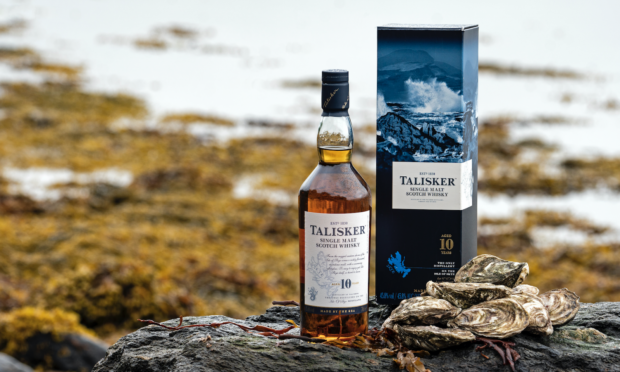
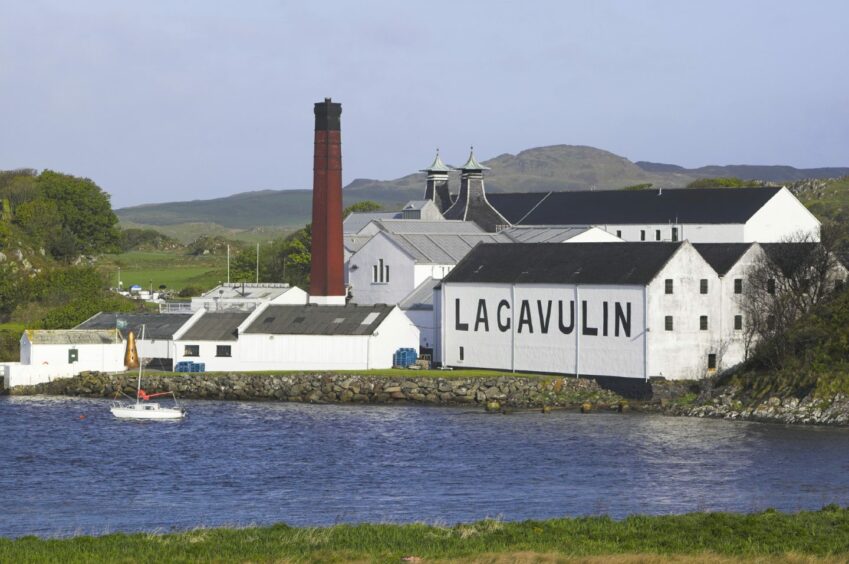

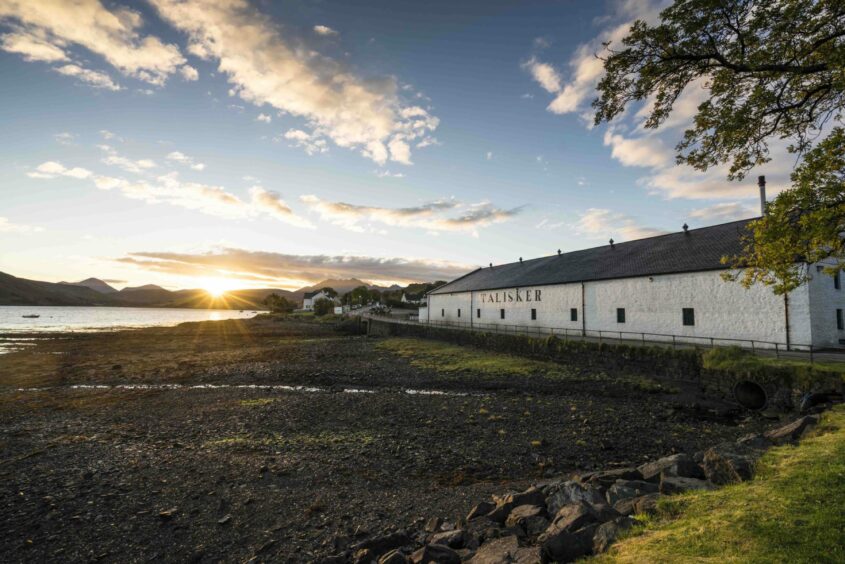
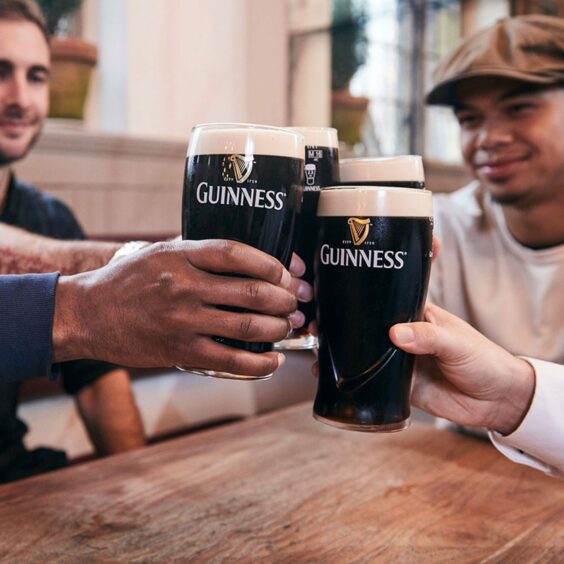
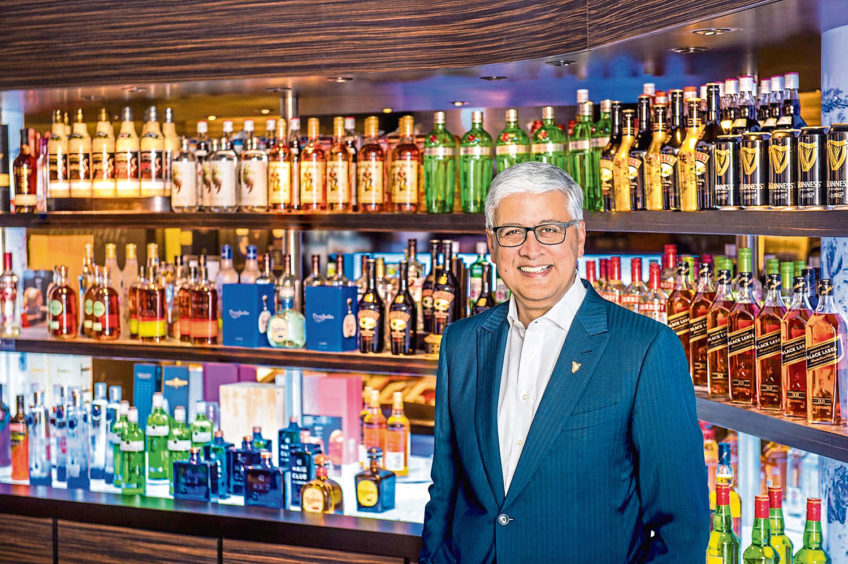
Conversation